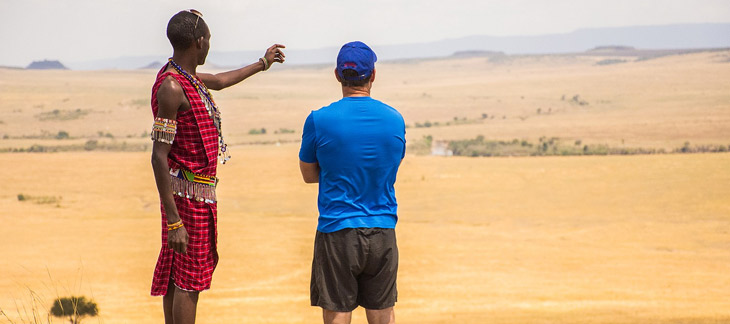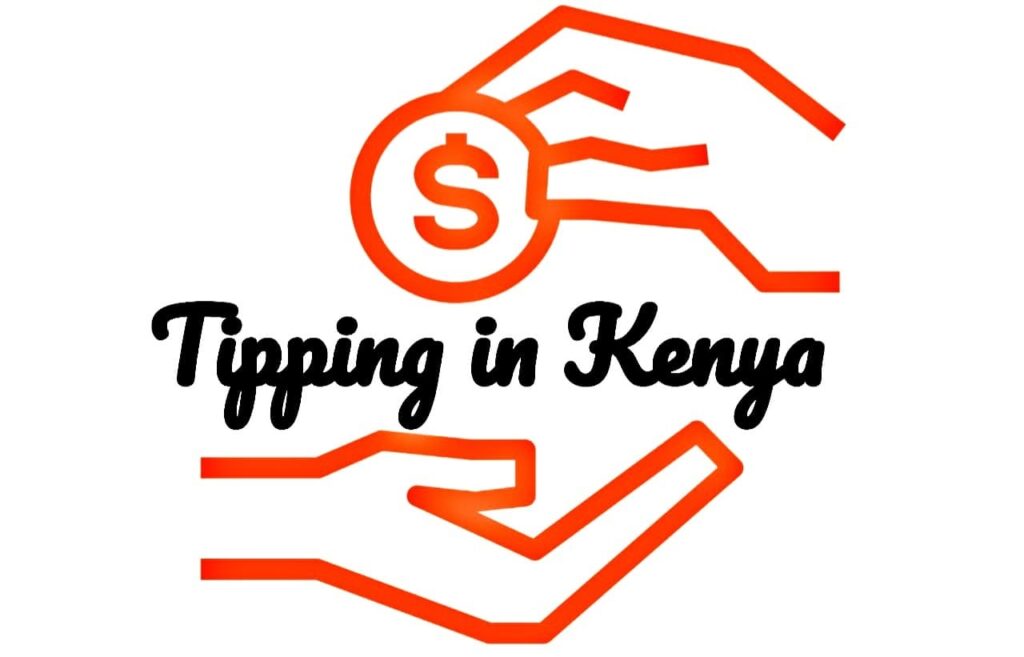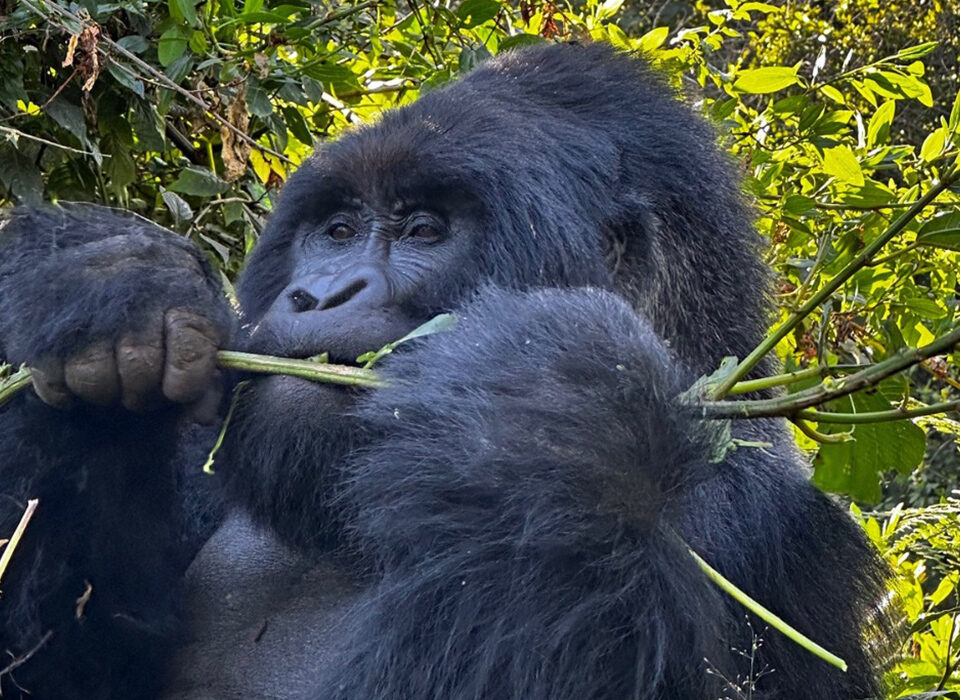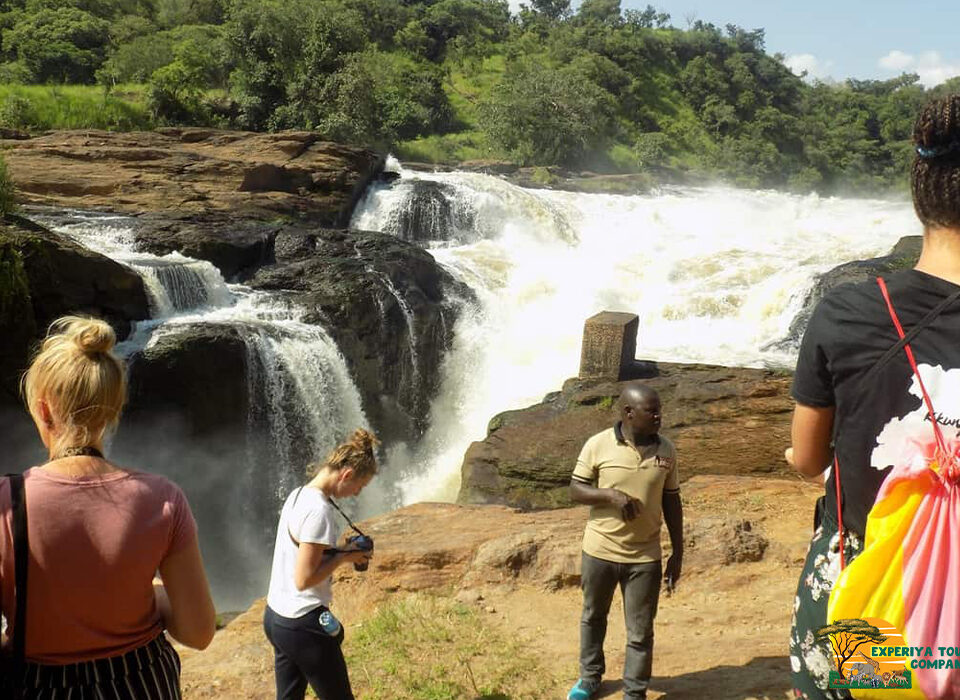
What are Kenya’s national symbols?
November 19, 2025
What are common Swahili greetings?
November 19, 2025Is It Polite to Tip in Kenya?
Tipping is a universal gesture of appreciation, yet its meaning and expectations vary greatly from country to country. Travelers visiting Kenya often wonder whether tipping is polite, expected, or necessary during their stay. Kenya’s tourism industry is vibrant, and service providers—especially in hotels, lodges, restaurants, safari camps, and city tours—often rely on tips as a supplement to their income.
So, Is it polite to tip in Kenya? The simple answer is yes. Tipping is considered polite and is widely appreciated across the country, especially within the tourism and hospitality sectors. While tipping is not legally required, it is a culturally valued gesture that acknowledges good service, hard work, and the warm hospitality that Kenya is known for. Understanding how, when, and how much to tip ensures respectful cultural engagement and helps visitors navigate Kenya with ease.
Tipping as a Sign of Appreciation
Kenyan culture places great emphasis on hospitality, generosity, and gratitude. Service providers often go above and beyond to make guests feel comfortable and welcome. Tipping is viewed as an acknowledgment of this effort.
The people who work in safari lodges, camps, hotels, and tourism activities frequently work long hours in remote regions. A tip from guests can make a meaningful difference, not only financially but also in morale and recognition.
Is Tipping Expected in Kenya?
Tipping in Kenya is not mandatory, but it is expected in many situations, especially in safari tourism. In high-end hotels, restaurants, and safari lodges, most guests choose to tip because they receive personalized service.
Kenyan service providers do not generally demand tips or pressure guests—yet tipping remains an established part of the tourism environment. Throughout your journey, you may find discreet tip boxes, staff pools, or subtle guidance from lodges about how tipping systems operate. This helps ensure fairness and transparency.
Tipping Safari Guides and Drivers
Safari guides and drivers are among the most important people in a safari experience. Their expertise, patience, wildlife knowledge, and ability to navigate challenging terrains elevate a safari from good to unforgettable.
Tipping safari guides is one of the most common and polite practices in Kenyan tourism.
A typical guideline is:
• Safari driver-guides: $10–$20 per guest per day
• Spotters or additional guides: $5–$10 per guest per day
These amounts vary depending on the quality of service, length of safari, and personal preference. Most safari guests tip at the end of the safari when saying farewell to their guide.
Tipping in Safari Lodges and Camps
Safari lodges and tented camps often employ a team of staff who collectively make your experience smooth and enjoyable. This includes waiters, chefs, cleaners, porters, security personnel, laundry staff, and room attendants.
Rather than tipping each staff member individually, most lodges provide a communal tip box at the reception. The pooled tips are then distributed fairly among the entire team.
Typical lodge tipping guideline:
• $10–$20 per guest per night for the general staff tip box
This ensures that behind-the-scenes staff—who often play crucial roles—also benefit.
Tipping Porters and Housekeeping in Hotels
In cities like Nairobi, Mombasa, Kisumu, or Nakuru, tipping at hotels works similarly to many countries.
• Porters usually receive $1–$3 per bag
• Housekeepers may be tipped $2–$5 per night
These gestures are appreciated but not obligatory.
Tipping in Restaurants and Cafés
Restaurant tipping varies more widely depending on the establishment.
Upscale restaurants often include a service charge of 5–10% on the bill. If the service charge is included, tipping is optional. If it is not included, many locals and visitors leave a 5–10% tip.
In smaller local cafés (known as “hotels”), tipping is appreciated but not expected. A small amount of loose change is often enough.
Tipping Taxi, Boda Boda, and Ride-Hailing Drivers
In Kenya’s major cities, ride-hailing services such as Uber, Bolt, and Little Cab are common.
Most passengers round up the fare rather than give formal tips. For example, if the ride costs $4, giving $5 is generous.
Traditional taxis sometimes expect small tips, but again, rounding up the fare is sufficient.
Tipping in Markets, Shops, and Street Stalls
Tipping is not practiced in markets, street stalls, or small local shops. Vendors expect payment only for the goods sold. Bargaining is common, but tipping is not part of the transaction.
Tipping Cultural Guides and Community Visits
When visiting cultural villages, community conservancies, or craft centers, tipping is appropriate when guides or hosts offer explanations, performances, or tours.
Typical tip ranges from $5–$10 depending on the experience and group size.
Purchasing handmade crafts directly from artisans is another excellent way to support local communities.
When Not to Tip
Although tipping is polite in many situations, there are circumstances where tipping is unnecessary or inappropriate:
• Government or public service offices
• Police or security personnel (tipping can be misinterpreted)
• Supermarkets and department stores
• Public transportation (matatus)
Tipping in these contexts may cause confusion or be seen as improper.
The Cultural Sensitivity of Tipping
When tipping in Kenya, cultural sensitivity is important. Discretion is valued—meaning tips are best given privately, without making others uncomfortable.
Safari lodges often provide envelopes for this purpose. When tipping guides or staff, a quiet thank-you moment is the most respectful approach.
Should You Tip in Local Currency or USD?
Both Kenyan Shillings (KES) and US Dollars (USD) are widely accepted for tips. In remote safari regions, USD is common because it is easier for staff to save or use for family needs.
However, small tips in local settings (restaurants, taxis, porters) are best given in Kenyan shillings to avoid currency challenges.
Make sure your US dollars are clean, crisp, and dated 2006 or newer, as older bills may not be accepted by banks.
Reasons Why Tipping Matters in Kenya
-
Supports livelihoods – Many service industry workers rely on tips as meaningful supplements to their wages.
-
Acknowledges hard work – Kenyan hospitality staff work tirelessly in remote locations.
-
Boosts morale – A tip serves as positive feedback and appreciation.
-
Promotes ethical tourism – Tipping directly benefits local communities and enhances sustainability.
-
Strengthens traveler–staff relationships – Kindness builds goodwill and memorable connections.
Common Mistakes to Avoid When Tipping in Kenya
Visitors sometimes unintentionally make cultural missteps when tipping. To avoid awkward moments:
• Avoid giving very large tips to one staff member in view of others.
• Do not give tips that feel like charity—in Kenya, tipping is a gesture of gratitude, not pity.
• Avoid tipping officials or offering “extra money” to speed up processes.
• Do not hand out money or gifts to children in villages, as this encourages dependency.
Mindfulness ensures positive and respectful interactions.
How Travelers Can Tip Responsibly
Responsible tipping is not just about giving money. It also includes:
• respecting cultural norms
• supporting community-owned lodges
• buying local products such as beadwork, carvings, or art
• choosing tour companies that empower local workers
• giving feedback to lodge managers to support staff recognition
When travelers combine financial appreciation with ethical engagement, they make a lasting positive impact.
Is It Polite to Tip in Kenya?
Yes—tipping in Kenya is polite, appreciated, and widely practiced, especially within the tourism and hospitality sectors. While not obligatory, tipping is one of the best ways to show gratitude for the warmth, professionalism, and hospitality you will encounter throughout your journey.
Guests who tip respectfully contribute to local livelihoods, strengthen community-based tourism, and support Kenya’s conservation-centered economy.
Whether you’re on safari, dining in a lodge, enjoying a guided walk, or staying in a boutique hotel, tipping is a meaningful gesture that enhances your travel experience and leaves a positive footprint.
To enjoy Kenya with culturally sensitive guidance, exceptional hospitality, and seamless planning, consider booking your trip with Experiya Tour Company. They ensure every travel moment is enriched with comfort, authenticity, and responsible engagement—making your Kenyan adventure truly unforgettable.




